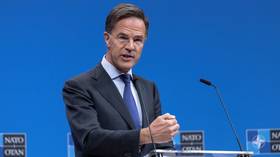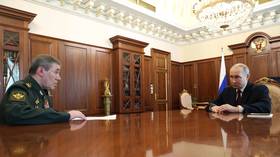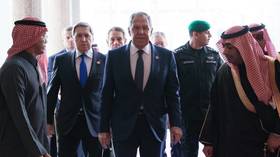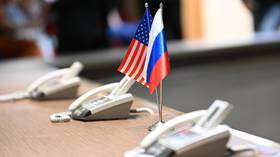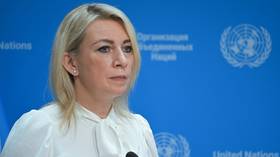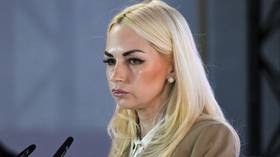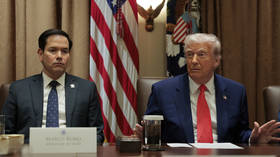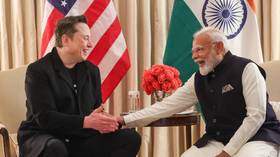EU must stop lecturing world – European Council president
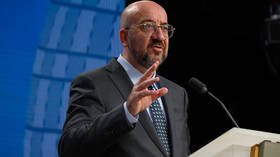
The European Union needs to stop “lecturing” other parts of the world and be more respectful towards its partners if it aims to combat the growing influence of Russia and China, European Council President Charles Michel has said.
In an interview with the Financial Times published on Friday, Michel admitted that the bloc has become “convinced that we know what is right and what is wrong” and often fails to make an effort to understand why other countries may think otherwise.
He noted that in the EU there is a “reflex which is close to a form of lecture” when communicating with developing countries with which the bloc has signed agreements on strategic, trade or political cooperation.
“We are not always very good in terms of communication, in terms of explanation, in terms of talking with them and showing a certain respect to them,” Michel said.
He also suggested that the EU should review its approach to enforcing its standards and regulations on trading partners, giving fishing rules as an example.
“We use the vocabulary: yellow card or red card,” he said, pointing out that “the words we use are really humiliating because we give the impression that we are a player on the pitch and at the same time the referee.”
The EC President’s remarks came as dozens of world leaders gathered in Russia this week to attend the 16th BRICS Summit. The guest list included the presidents of Egypt, the United Arab Emirates and Türkiye - a NATO member and EU candidate country.
Michel suggested that the fact that the leaders of these countries, who are also “very close” to the EU from an economic and military point of view, chose to attend the BRICS Summit suggested that they “want to send a message to the rest of the world.”
“One of the emirs in the Gulf countries once told me if there is a vacuum, very quickly someone will fill the vacuum. And if you are not there, others are there,” Michel recalled, stressing that the EU needs to find “a new approach” to win over countries that wish to diversify their economic and security alliances.
Kremlin Spokesman Dmitry Peskov stressed earlier this week that the BRICS group is not based on “friendship against anyone” and, unlike the EU, its members are not bound by mutual obligations.
He explained that BRICS represents an “association of countries that share common values and common guidelines” and are committed to the universal principles of mutual respect and mutual benefit. The EU, on the other hand, is an organization that has clearly defined rules, binding documents and a “whole set of mutual obligations,” Peskov said.
